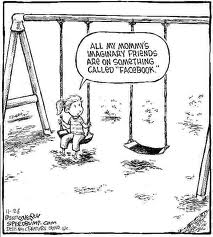Oh, dear.
Wordmistress, your faithful companion in the Land of the Well-spoken, must do something most unpalatable. She must revisit a verbal transgressor.
How it pains her.
WM enjoys tackling new conversational challenges. Lord knows there are enough of them.
But this word is like a verbal mosquito. While she may swat at it silently (one refrains from public correction), she is under no illusions that it is not multiplying at a most unfortunate pace.
Absolutely. Absolutely. Oh, absolutely.
It is the fashionable tic du jour, the new “awesome!” The favorite go-to response in any conversation.
WM, while taking pains to stay current with the news, can hardly stand to view it anymore. Every interviewer, interviewee, commentator, reporter, or bystander suddenly confronted with a microphone feels obligated to say that word.
- Host: “Senator, do you agree that the American people are overtaxed, poorly represented, and weary of the heavy hand of government?
- Senator, with lifted brows and an emphatic shake of the head: “Oh, ab-so-lute-ly!”
While the Senator is not going to disagree with the obvious truth of that premise, somehow it eludes him to simply say “yes.” Why, WM wonders, is “yes” not sufficient?
Does the Senator (or the person with whom you are conversing) think you won’t understand the unplumbed depths of their feelings on the subject? Or that you will be particularly impressed with a vigorous, four-syllable word?
One can, in fact, be both elegant and emphatic with that one simple response: yes. The short phrase“ I do agree” may accompany “yes” and leave the questioner with no less assurance of the strength of one’s conviction.
Wordmistress will not belabor this point any further. She has now stated her position clearly, twice, and retires to review other transgressions that must be addressed.
It is exhausting standing on the wall while hordes of verbal misdemeanants threaten at the gates.
Perhaps she will nap first.
You may read other engaging posts by WM by clicking on the link cleverly entitled “Wordmistress” in the sidebar. She welcomes your comments.













